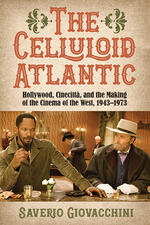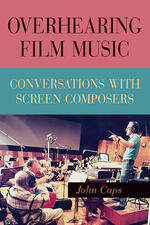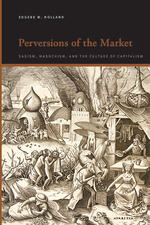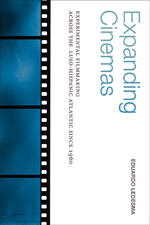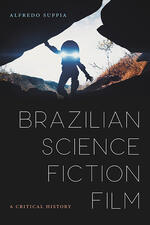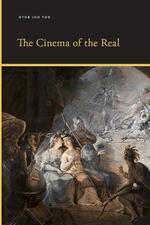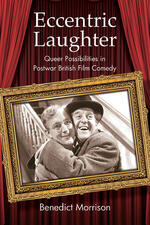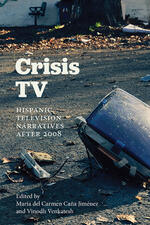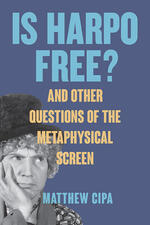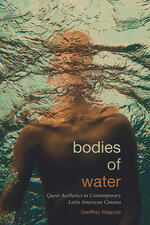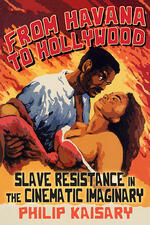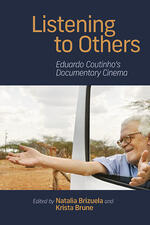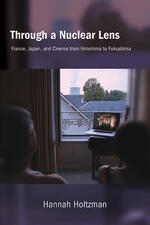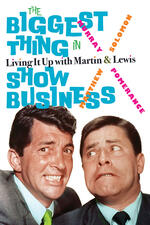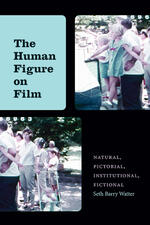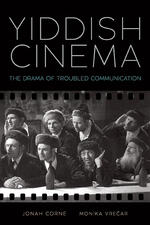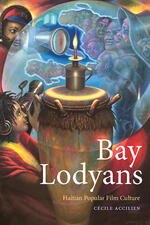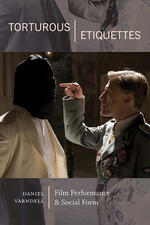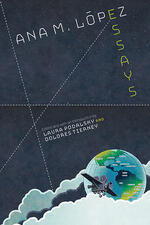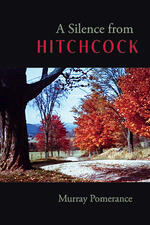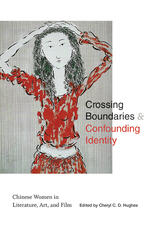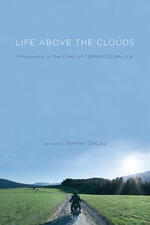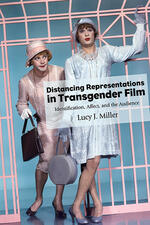Film Studies
The Celluloid Atlantic
Offers a fresh look at American and Italian cinema in the postwar period.
Overhearing Film Music
Three generations of famous movie soundtrack composers reveal the secrets of their art and success.
Perversions of the Market
An engaging analysis of the catastrophic ways capital perverts market dynamics by a leading scholar of Deleuze.
An Eye for Hitchcock
A series of fascinating and groundbreaking meditations on six films directed by the legendary Alfred Hitchcock.
Expanding Cinemas
Explores experimental cinema and alternative film formats from across the Luso-Hispanic Atlantic, from the 1960s to the present.
Brazilian Science Fiction Film
The first book-length account of Brazilian science fiction cinema.
The Cinema of the Real
Alters the landscape of Lacanian film theory by revealing an “emancipatory drive” in transnational cinema.
Eccentric Laughter
Dispels the idea that postwar British comedies were apolitical, arguing instead that they presented subversive, iconoclastic, queer experiments in living for a country that was rebuilding and reimagining itself after years of conflict.
Crisis TV
Wide-ranging, in-depth analysis of Spanish-language television fiction after the 2008 global financial crisis.
Is Harpo Free?
Examines how philosophical concepts like free will, personal identity, and goodness are given an artistic life in films and television programs.
Killing Children in British Fiction
Investigates how British fiction and film use dangerous and endangered children to explore conflicts over the future, from the Thatcher to Brexit eras.
Bodies of Water
Explores how watery spaces provoke radical modes of screening queer corporeality in a diverse range of contemporary Latin American films.
From Havana to Hollywood
Centers Cuban cinema to explore how films produced in Havana or Hollywood differently represent Black resistance to slavery.
Listening to Others
A collection of original essays and previously untranslated critical writings on the renowned Brazilian documentary filmmaker, Eduardo Coutinho.
Through a Nuclear Lens
Examines the increasingly reciprocal nature of Franco-Japanese cultural exchange through films that center on nuclear issues.
The Biggest Thing in Show Business
A freewheeling, nonlinear exploration of the performing duo and their decade-long collaboration from 1946 to 1956.
The Human Figure on Film
Offers a fresh approach to the problem of the human figure in an age of digital cinema.
Yiddish Cinema
Offers a bold new reading of Yiddish cinema by exploring the early diasporic cinema's fascination with media and communication.
Bay Lodyans
Considers how popular Haitian films not only provide entertainment but also help audiences in Haiti and the diaspora think through daily challenges.
Torturous Etiquettes
Explores the “torture” of mannered behavior and the prevalence of etiquette as a theme in classical and contemporary Hollywood and European cinema.
Ana M. López
Brings together Ana M. López's field-defining essays on Latin American film and media in one indispensable volume.
A Silence from Hitchcock
Extensive meditations on silence in the films of Alfred Hitchcock.
Crossing Boundaries and Confounding Identity
Examines literary, historical, and cultural portrayals of Chinese women, across centuries and continents.
Life Above the Clouds
The definitive philosophical exploration of the work of pioneering filmmaker Terrence Malick.
Distancing Representations in Transgender Film
Argues that transgender representations in film make it more difficult for cisgender people to understand the experiences of transgender people and for transgender people to fully participate in public life.
